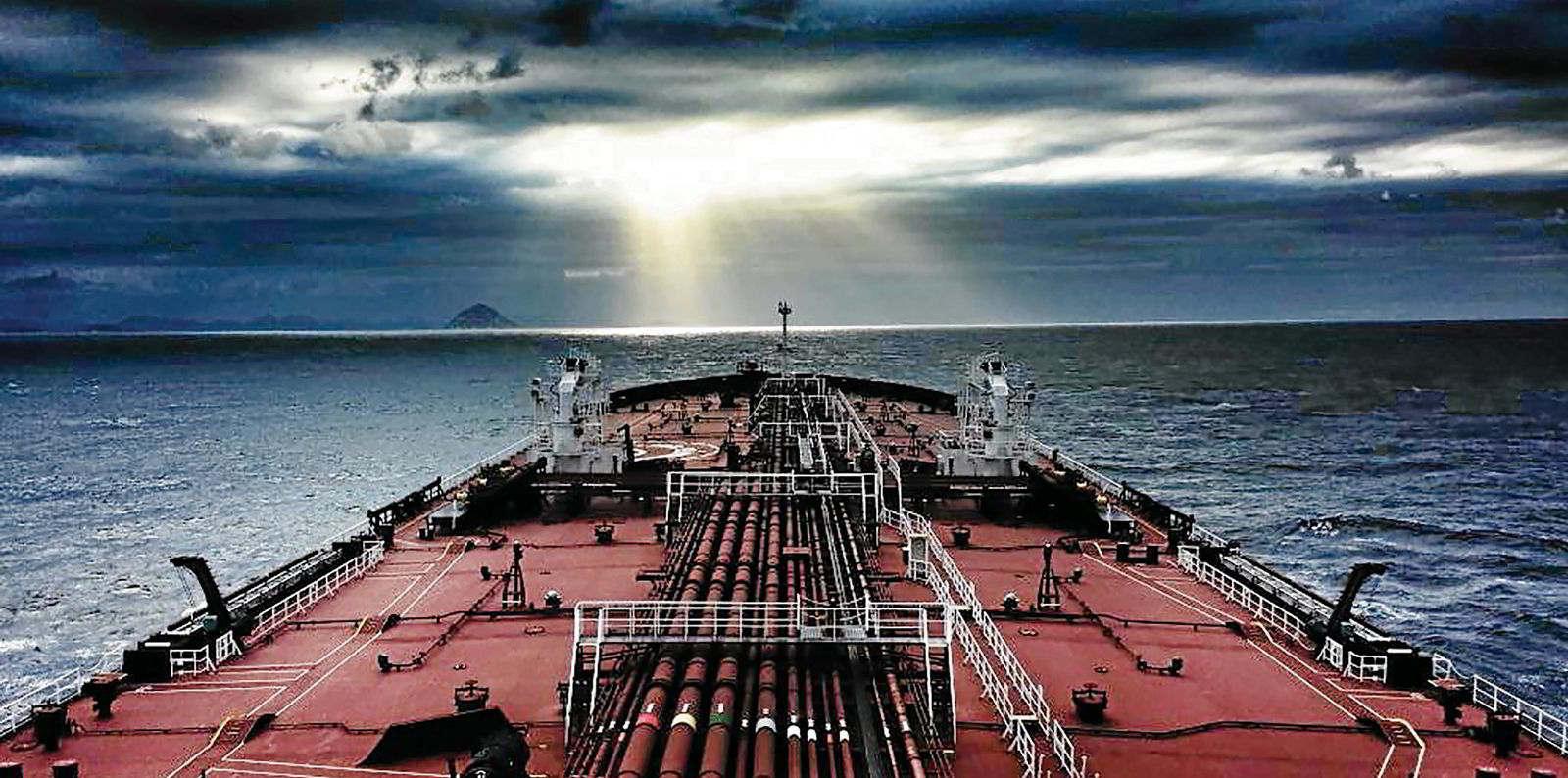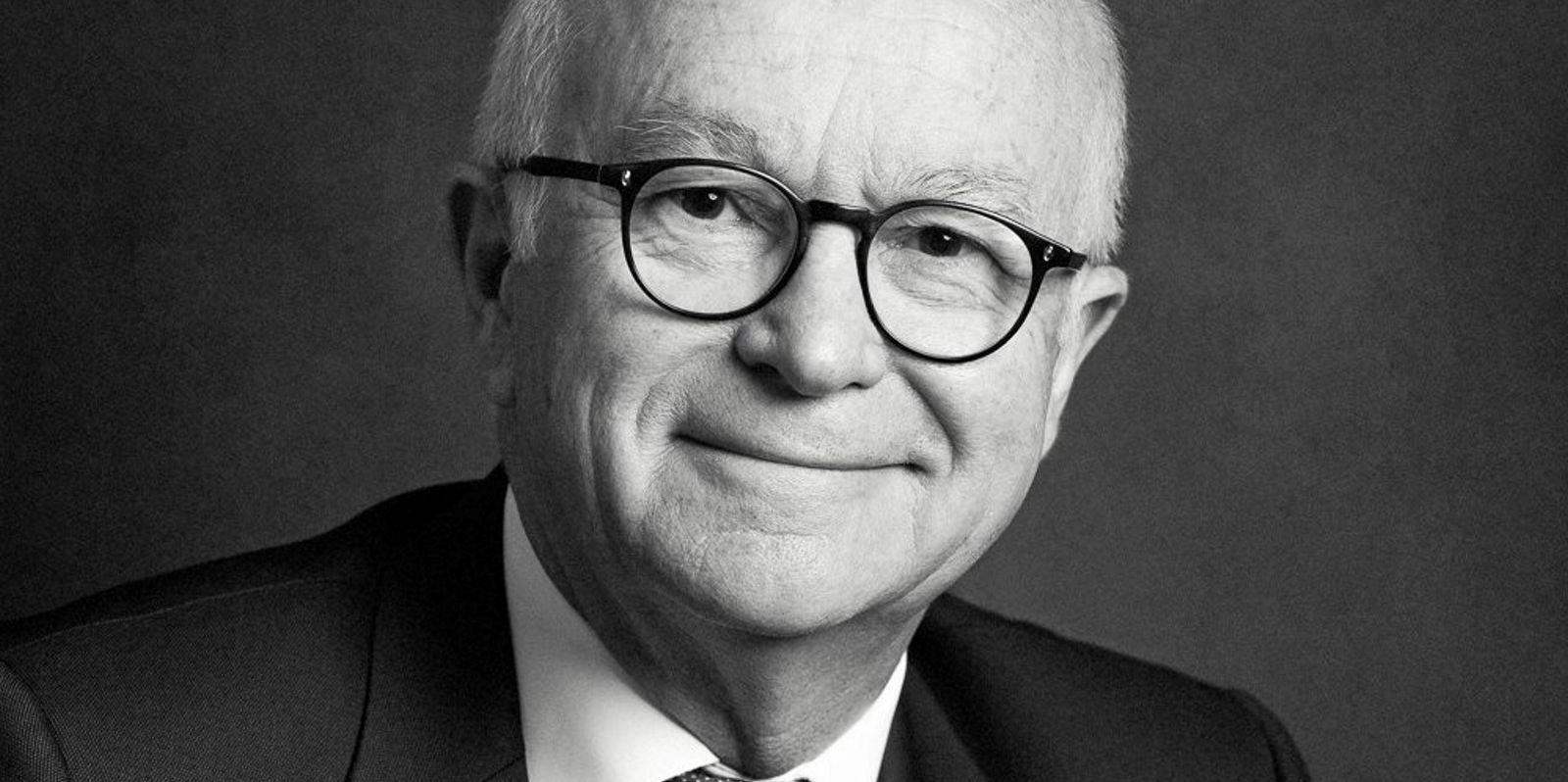Struggling West African oil producers are harming demand for suezmax tankers, according to French shipbroking group Barry Rogliano Salles (BRS).
The Paris shop said data suggests Opec members Nigeria and Angola are the exporting group’s “largest laggards,” amid a pullback in investment from international oil companies.
Investment fell in the wake of 2020’s oil price crash, but unlike in other countries, it has not rebounded strongly as oil majors look to put their money into more attractive opportunities elsewhere, BRS argued in its latest weekly report.
“Furthermore, despite current high oil prices, we do not project regional investment to rebound strongly in 2022,” the company said.
The broker also cited the fragile security situation in Nigeria’s oil-rich delta region, with damage to infrastructure and oil theft rife.
“Although there will be some short-term upside to Nigerian crude exports from the return of the Forcados stream, there remain numerous other technical [problems] across the export network which will keep a cap on the country’s exports for some time,” BRS argued.
The broker is projecting that West African crude production will continue its steady decline this year, leading to lower suezmax demand.
“As West Africa struggles, this will hit regional suezmax demand as these 1m barrel-capacity carriers account for around two-thirds of the region’s fixtures,” BRS said.
As for the current suexmax spot market, rising bunkers have proved to be a catalyst for owners’ resistance to lower offers from charterers.
“With a rather active two previous weeks, rates have naturally crept up,” BRS added.
From West Africa, owners pushed numbers up to Worldscale (WS) 62.5, about $1,600 per day on a time charter equivalent basis.
Black Sea and Mediterranean markets experienced a similar upward pressure with cross-Mediterranean vessels put on subjects at WS80.
Ships heading from the US Gulf to Europe were stronger at WS53, and Brazilian loadings for European cargo owners were up at WS 53.75.
UK shipbroker Howe Robinson Partners said rates had edged up in general, due to expensive bunkers and a tightening tonnage list in Europe, with more rises possible.






